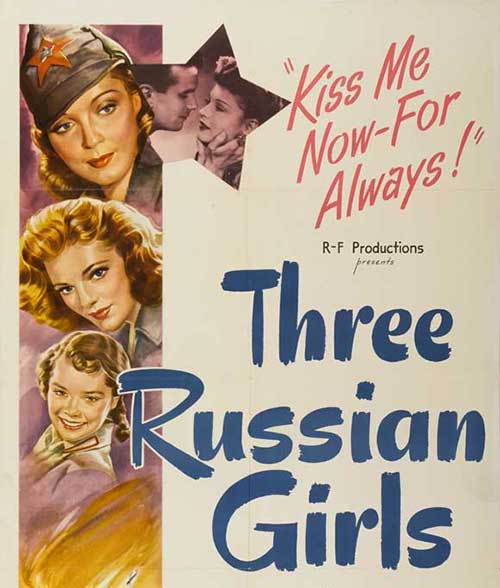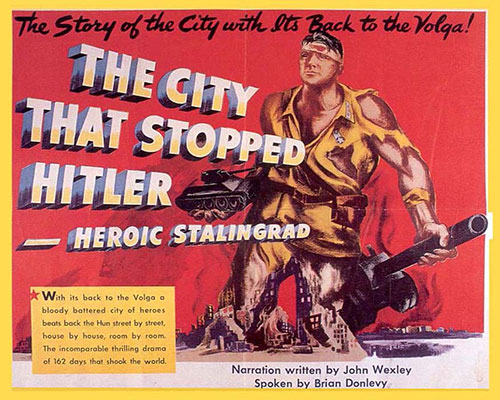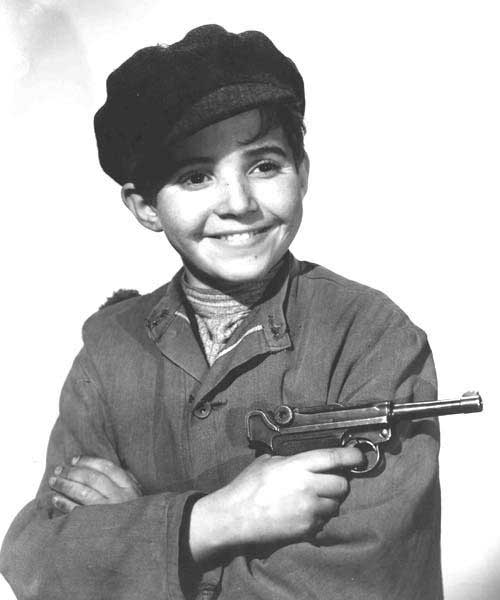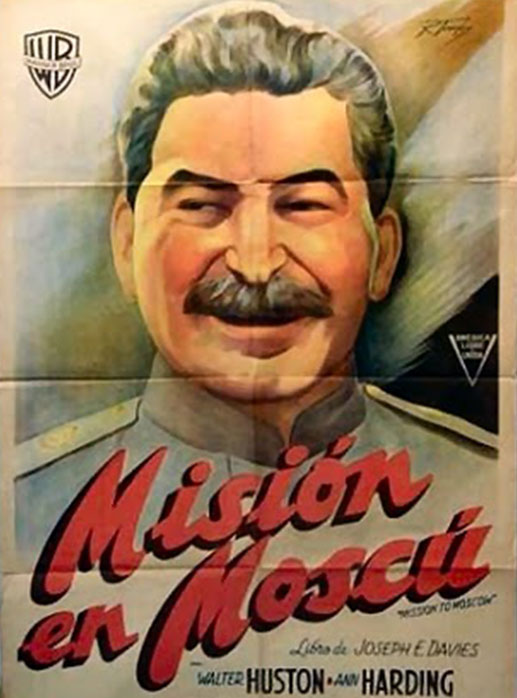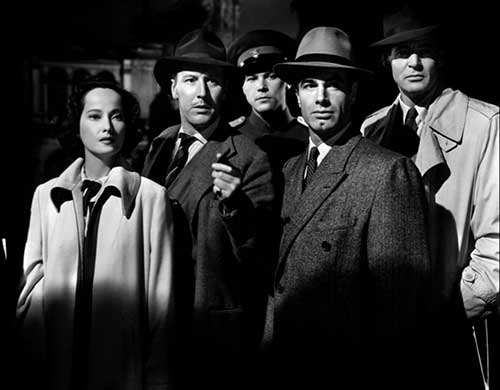Art is one of the ways people communicate with one another. Every work of art brings the viewer to into a special kind of relationship, both with whoever has created or is creating the art and also with everyone else who—together with him, or before or afterwards—is subject to that
artistic impression.
—Leo Tolstoy
It would be a mistake to ascribe this creative power
to an inborn talent.
In art, the genius creator is not just a gifted being, but a person who has succeeded in arranging for their appointed end, a complex of activities, of which the work is the outcome, requiring an effort.
—Henri Matisse
Art is so varied that to reduce it to any single purpose, be it even the salvation of mankind, is an abomination before the Lord.
—Nikolai Gumilev
Conception, my boy, fundamental brain work,
is what makes all the difference in art.
—Dante Gabriel Rosetti
Art is art.
Everything else is everything else.
—Ad Reinhardt
It is art that makes life, makes interest, makes importance…
and I know of no substitute whatever
for the force and beauty of its process.
—Henry James
It's not what you look at that matters,
it's what you see.
—Henry David Thoreau
Love On Demand
Hollywood & Our Soviet Ally 1942–1948
The focus is on a strange episode—for a few short years, the grinding tension of the Cold War was interrupted by a sudden burst of US-Soviet cooperation. Publicly, this took the form of a demonstrative and not entirely convincing façade of friendship. In 1942, Hollywood was called upon by Washington to produce movies to encourage public sentiment to support this sudden closeness with the established ideological enemy. The calls were real—and Hollywood answered with a series of some of the strangest films in its history.
The political context was obvious. Some of the films, notably Mission to Moscow, opened simultaneously in the US and the USSR. The filmmakers did shying away even from showing Stalin himself as a misunderstood benevolent leader.
In the next decade, Russia resumed its place as our official nemesis. For reasons often more political than artistic, these films were swept under the rug as a public embarrassment. One of them, however—The Northern Song—was simply recut and reedited, the pro-Soviet U.S. propaganda films becoming the anti-Soviet propaganda film Armored Attack!
The films range from masterpieces to run-of-the-mill, but they are always interesting, and not only from their unique social and political status. The films were loaded—both with big names and curious Russian connections.
There is music by the most American of composers, Aaron Copland, lyrics by Ira Gershwin and writing by Lillian Hellman.
Together with these films, Love On Demand includes the other side of the coin—two Russian movies that underscore the then-new Russian-American amity, including the landmark 1948 Encounter at the Elbe and the earlier Moscow Strikes Back (1942), which won an Oscar in 1943.

